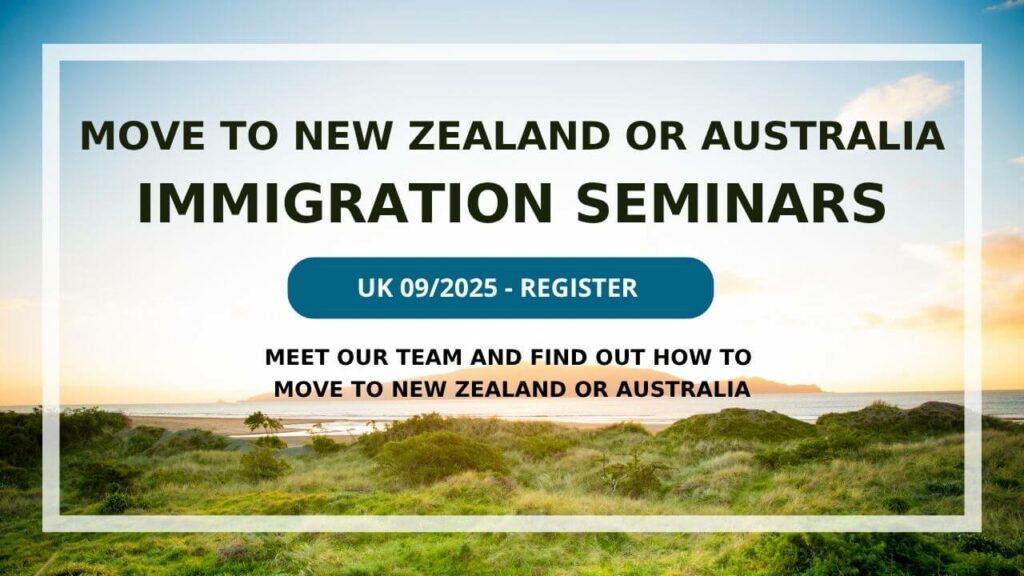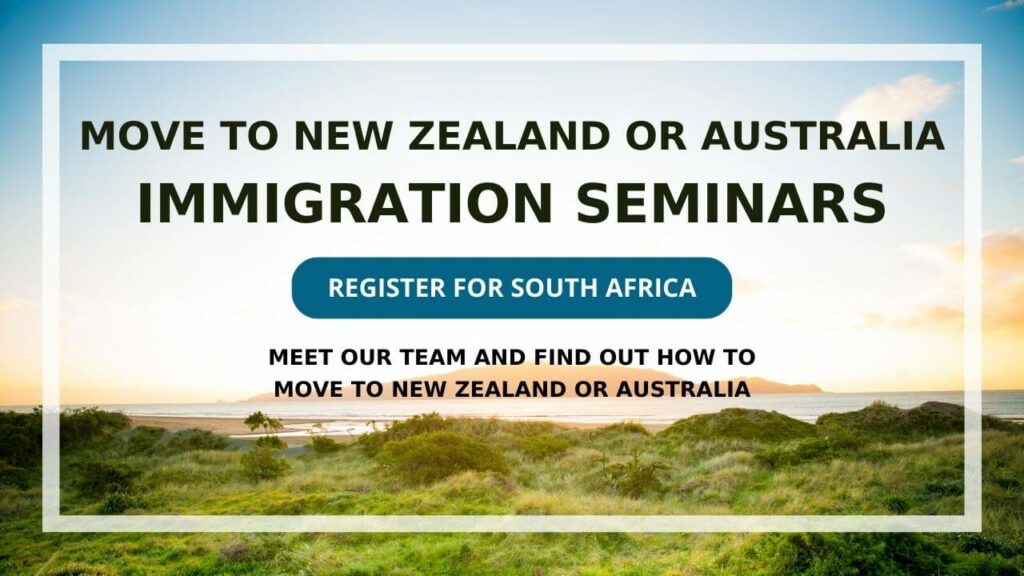Healthcare in New Zealand
Can I get free healthcare in New Zealand?
New Zealand's healthcare system is widely recognised for being accessible, high-quality, and largely tax-funded. For migrants planning to move, understanding how the system works and who is eligible is essential.
At New Zealand Shores, we not only help you with your visa but also prepare you for life in Aotearoa, including navigating the healthcare system for yourself and your family.
Public Healthcare – Funded by Taxation
New Zealand's public system provides universal access to essential care. Most services are free or heavily subsidised for those who qualify. Key services include:
- General Practitioners (GPs): First point of care. Enrolled patients pay subsidised fees, while children under 14 see a GP for free.
- Hospitals: Emergency, specialist care, and surgeries are provided at no cost in public hospitals for eligible people.
- Maternity care: Pregnancy, childbirth, and postnatal services are free. Midwives work closely with doctors to provide support.
With the exception of visual and dental treatments, healthcare is generally quite affordable in New Zealand, compared to many other Western countries. It is easy to register to your local health centre and see a Doctor, or General Practitioner (GP).
Who Is Eligible for public-funded healthcare in New Zealand?
You can access publicly funded healthcare if you are:
- A New Zealand citizen or resident, or
- The holder of a work visa valid for at least two years (and your dependent children under 17 are also eligible)
- Certain dependants of the categories above
If you don't qualify, you'll need travel or private medical insurance for your stay.
New Zealand residents and some work visa holders are entitled to public-funded healthcare, which means most treatments will be free or low cost. Private medical insurance is available and partially subsidised by some larger companies as part of their employee schemes, however it is not mandatory and most Kiwis actually rely on the public system.
Appointments with a GP range from around NZ$25-30 (registered patient, entitled to public-funded healthcare) to NZ$200 (overseas visitor or not registered to the centre). We recommend registering with your local medical centre as soon as you arrive in New Zealand. Visitors and students should have private medical (travel) insurance regardless. Medication is usually obtained from retail Pharmacists ('chemists') for both over-the-counter as well as prescription drugs.
ACC – Injury Cover for Everyone
For injuries caused by an accident, treatment is free at public hospitals. Care for injuries resulting of accidents are covered by our unique 'Accident Compensation Corporation' scheme (ACC), regardless of your visa status. ACC provides insurance cover for everyone in New Zealand for injuries caused by accidents. ACC typically helps with:
- Medical treatment costs
- Rehabilitation services
- Income support if you can't work after an accident
If you need non-urgent medical help, the first point of contact is the local medical centre where a General Practitioner (Doctor/Physician) will see you.
More information about your eligibility for healthcare
Private Healthcare – Added Choice
Many residents also take out private health insurance. This offers:
- Faster access to elective surgeries
- Coverage for dental and optical services
- Access to complementary treatments like physiotherapy or acupuncture
Medicines – Affordable Prescriptions
The government agency PHARMAC manages which medicines are subsidised. Most prescriptions cost a small co-payment (about NZ$5), keeping medicines affordable.
Prevention & Public Health
New Zealand invests strongly in prevention. Examples include:
- Free immunisation programmes for children and at-risk groups
- National health campaigns on mental health, smoking, and healthy eating\
Emergencies
In a medical emergency, dial 111 for an ambulance or go to a hospital emergency department. Ambulances may carry a small charge.
Why This Matters for Migrants
Healthcare workers remain in high demand. Many roles—such as doctors, nurses, and aged-care professionals—are on the Green List, offering direct residency pathways through the Accredited Employer Work Visa (AEWV) or Straight-to-Residence visas.


